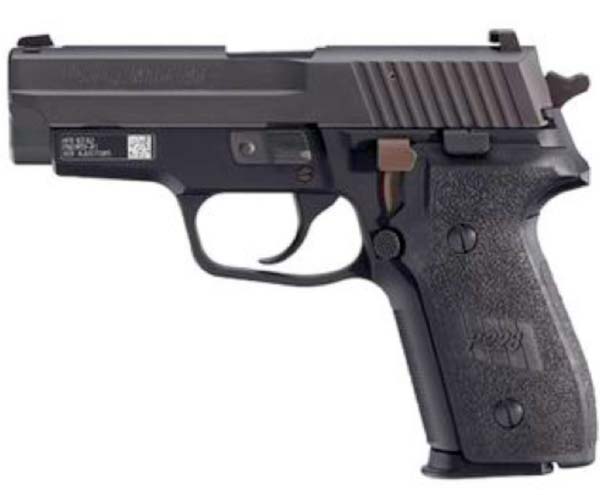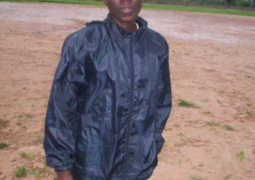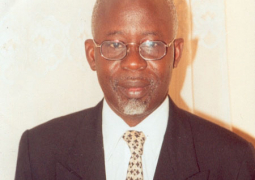
Magistrate
Janneh-Njie of the Banjul Magistrates’ Court yesterday rejected the cautionary
and voluntary statements in the case involving Babucarr Njie, a soldier found
with a gun at the King Fahd Mosque.
This
followed the submission made by the defence counsel, Sheriff Kumba Jobe, that
the cautionary and voluntary statements sought to be tendered by the
prosecution were not obtained voluntarily.
In
her ruling, Magistrate Janneh-Njie told the court the law governing the
admissibility of confessional statements obtained from accused persons while
under detention is section 31 (2) of the Evidence Act which provides that a
confession shall not be admissible if the statement was made by an accused
person while under arrest, in detention or restricted by state agents unless
the confession was made in writing by the accused or someone on his behalf and
signed or thumb-printed by the accused in the presence of an independent
witness. Such witness cannot be a member of the police, army or security
forces.
She
said the only issue that stood out for determination was whether the statements
were recorded in the presence of an independent witness in strict compliance
with the provision of section 31 (2) of the Evidence Act.
At
this juncture, she summarized the evidence of the first prosecution witness in
a voire dire (trial within trial).
The
witness, Fabakary Kinteh, serving as an independent witness, said the accused
was not forced when his statements were recorded.
She
stated that according to the accused, he was put in cuffs and was tied on the
table.
She
further quoted the accused saying the second prosecution witness, Jally
Senghore, asked him to give a statement or something might happen to him, and
that the statement was recorded at 22:41 hours. At the time of recording, Jally
Senghore and one Manneh were present.
Magistrate
Janneh-Njie stated that it was the accused who said the statements were
recorded on Monday the 13 February 2017, and that was the time the independent
witness was present.
She
pointed out that on the face of the voluntary statement, it was indicated that
the statement was recorded at 22:42 hours, and this corroborated the evidence
of the accused as to the time the statements were recorded.
On
the contrary, she posited, when the independent witness was asked under
cross-examination, as to the time the statements were obtained, he said he
could not remember exactly but it was after 1pm.
She
adduced further that Jally Senghore also admitted during cross-examination that
the statements were not obtained during the night but during the day.
She
said that both Fabakary Kinteh and Jally Senghore alleged that the statements
were recorded during the day and the accused was saying that it was recorded
during the night which corroborated what was on the document itself.
She
further told the court that considering the fact that the document indicated
that the statements were recorded at 22:42 hours, she could not believe the
evidence of both Fabakary Kinteh and Jally Senghore that the statements were
recorded during the day.
She
therefore concluded that the statements were recorded at 22:42 hours.
Magistrate
Janneh-Njie stated that considering the discrepancy as to the time the
statements at issue were obtained, the court was in doubt as to whether the
said independent witness was present at the time the statements were recorded
at 22:42 hours.
She
adduced that in the light of the above, that the prosecution had failed to
prove that the statements sought to be tendered were obtained in strict
compliance with section 31(2) of the Evidence Act.
She
consequently rejected the statements.
The
case was adjourned until 8 May 2017.
Sgt
Jaiteh held the brief for Sub-Inspector Bojang.



